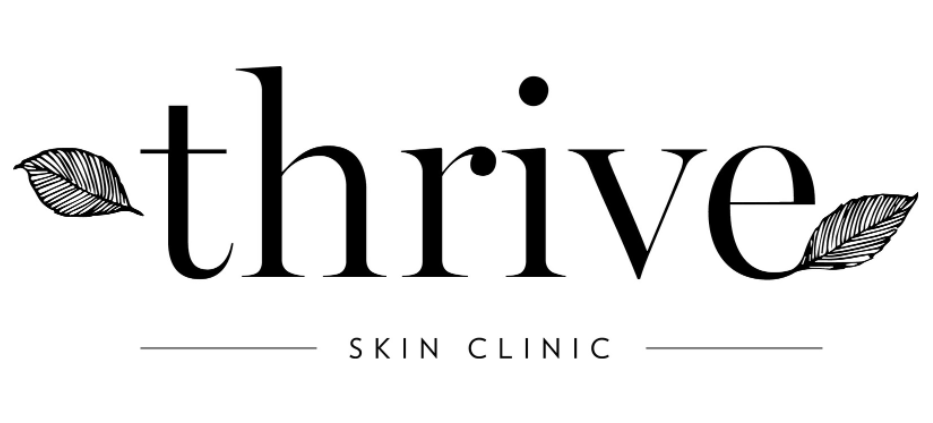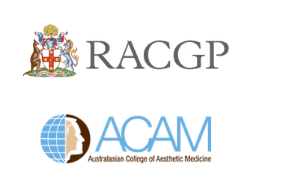🌿 6 Questions for you to ask BEFORE your have an Intense Pulse Light (IPL) Pigment Treatment
/As per request from social media - here is a list of questions to ask your clinician to help keep you safe, and assist you to recognise a reputable clinician.
1. Is this machine TGA approved and when was it last serviced?
Image: © Thrive skin clinic
Many IPL machines in Australia are purchased on Ebay or Alibaba and are not TGA cleared. A TGA cleared Clinical /Dermatology IPL machine is expensive, for obvious reasons. They are not sold to people who are not clinicians. A clinician is someone with training e.g. a beauty therapist, dermal therapist, nurse or doctor. Please only see a clinician.
Unregistered machines may not be calibrated correctly, be more likely to burn you, or not do anything meaningful. Even great machine get old and don't work as well. Ask them when was it last serviced, and if the machine passed safety checks. Lasers are like cars, if you don't maintain them, they don't work properly. We have a pink slip for cars, but not for lasers.
2. How experienced in lasers/IPL is your technician?
This is important: You can be the most qualified doctor or nurse (in your field e.g. you are great at post mortems or early childhood nursing!) however, have absolutely no laser, IPL or skin education or experience. You can also be a beauty therapist but be a laser goddess (I was lucky enough to have one of these gems, and she taught me so much!). I have treated complications from doctors and "cosmetic surgeons" who used a powerful lasers inappropriately, causing long term full facial inflammation and scarring. Basically, don't always trust people based on their dazzling marketing and high end fit outs.
Ensure your technician has a Laser & IPL safety certificate and ask how long your they have has doing this treatment. Most of the experienced doctors/nurses and dermal clinicians that I work with or know professionally have had the odd adverse effect, and this has shaped a very health respect for IPL and lasers. If your clinician seems glib, question their experience, ask for some before and afters, and get a second opinion.
3. Do you offer a consultation?
The clinic you see should check medications, allergies, medical history, family history and ensure you have a skin check prior to treatment with a qualified skin doctor to exclude signs of skin cancer. If they are not medical, and you have health issues, they may need to refer you to a doctor for clearance. This is important, not only for safety but also because there are some persisting myths on lasers/light therapy and medications meaning a lot of people who were told they can't have treatment, are actually suitable candidates.
If your clinician has to keep up with ongoing Certified Professional Education (mandated for health professionals), they should be aware of these changes and medical risks. On the flip side, many laser technicians and nurses don’t have lived experience with medical history and risks. The big one here is risk of healing and scarring.
4. Do you offer a Test Patch?
This is where we treat a small section of your face (usually in front of the ear on both sides ) to check settings. This helps us to find the right balance between an effective treatment and overdoing it. Test patches are mandatory in my clinic. There may be a cost of a test patch. Nothing is free in life. I would argue this reflects a professional clinic and this would make me MORE likely to endorse them!
5. What’s their advice on down time?
Many patients tell me they were not prepared for the downtime associated with IPL. You need to have a full consult and consent to any treatments (that means understand the issues, not just sign a form).
If you have brown pigment, expect dark patches on the skin for the 5- 7 days post treatment (longer for the body). If you have a lot of redness, swelling for the first few days, this is common. This is usually more marked after your first session. This adverse effect also worries people, but if you are very red, this is just pure physics. In my clinic, if you have severe redness, I will often do a series of low energy vascular laser FIRST to reduce swelling with IPL.
6. Who can they contact if things go wrong?
Let’s be honest, if you are a professional and you work in skin, you need to accept that complications occur. That’s skin/medicine/life. The clinic you use should have an experienced doctor they refer to for help and assistance, and this should be done as soon as possible as early intervention can mean good outcomes are achievable. Your usual GP may have no idea about this, and a dermatologist may take weeks to get into.
“It is not acceptable to refer to an inexperienced recently graduated doctor via facetime, or to ghost you, or to make you sign an NDA (non disclosure agreement). These scenarios were based on real situations from patients who saw me with complications post IPL and Laser in the last year.”
I hope these tips help you to choose a good clinician - be it a beauty therapist, dermal therapist, nurse or doctor, Laser and IPL is here to stay - that is unregulated and mainstream and let’s be honest, an amazing treatment! 💕 I LOVE IPL, when done well, it can give quote rapid & dramatic results, so my patient’s love it too.
Many therapists have been working for years, practice safely and get great results. The good eggs will stick together and cross refer difficult /complex patients or complications (and we will refer back. I don’t offer beauty treatments in my clinic, but refer to some brilliant local clinics when my patients needs or wants this level of care).
I‘m all for collaboration and regulation from the ground up as the government refuses to take these issues seriously. I’d love to learn and share with you, and keep our community safe and looking gorgeous.
If you are a beauty based clinicians - share your tips below with our community.






